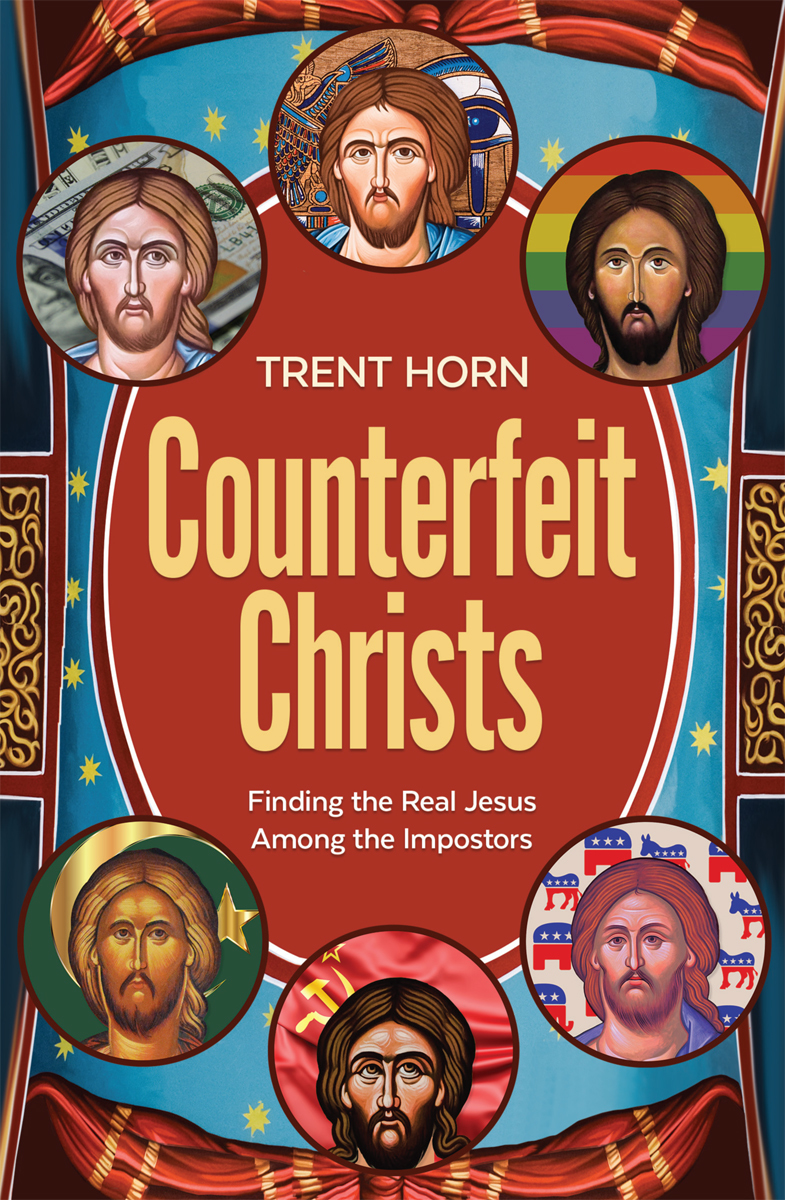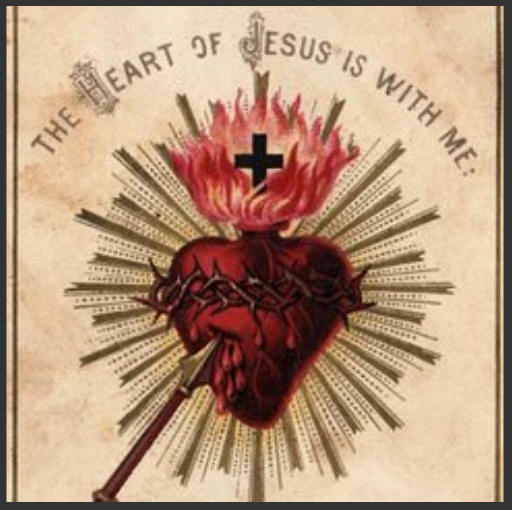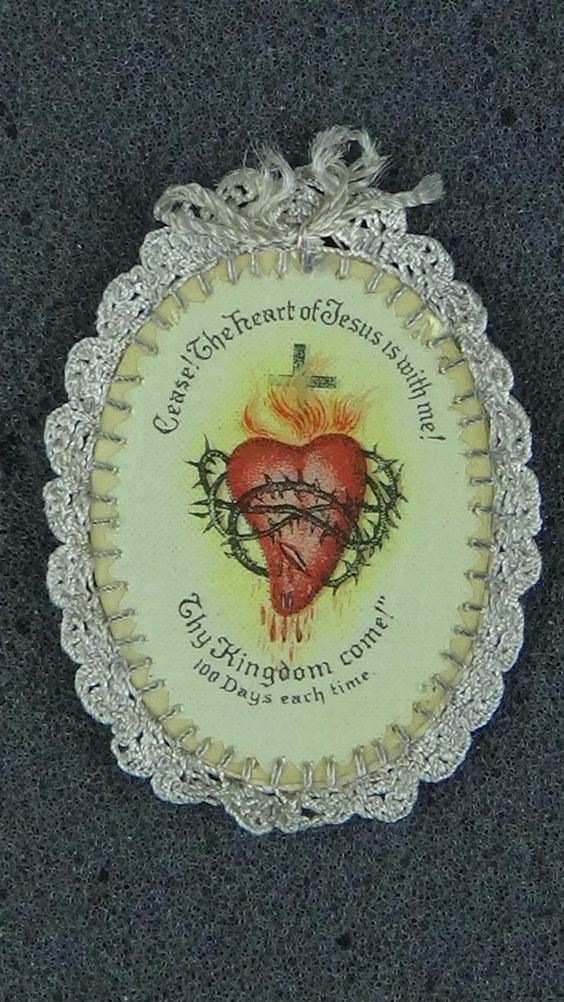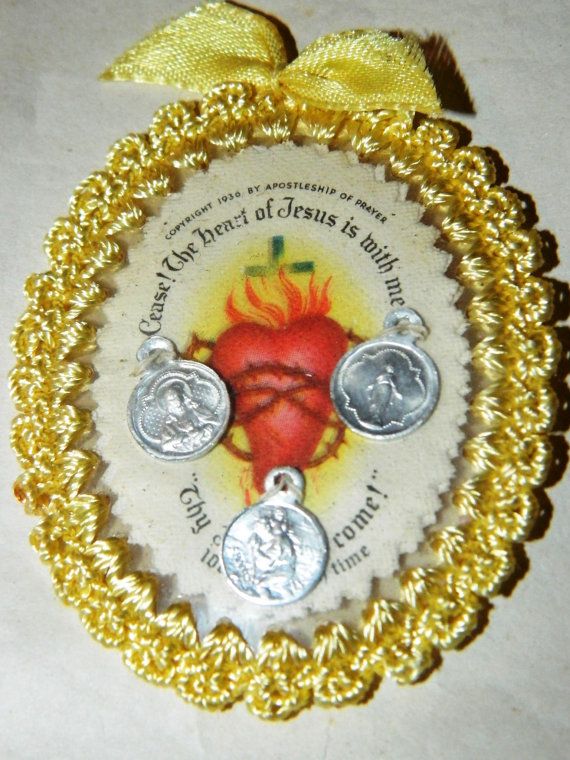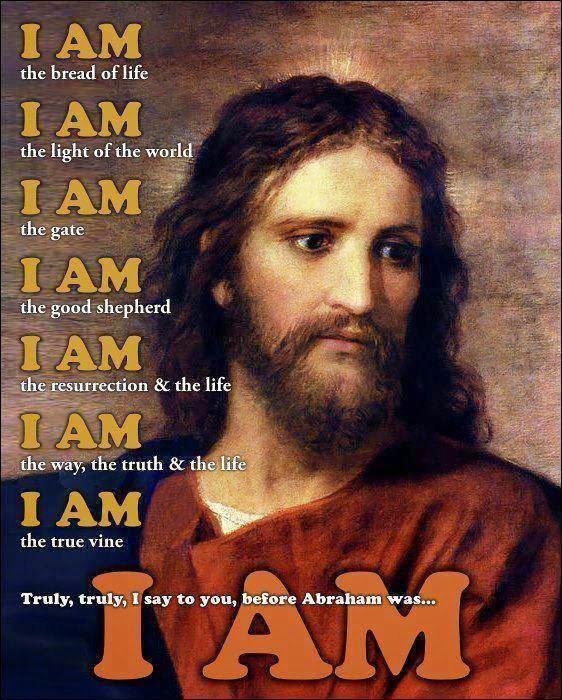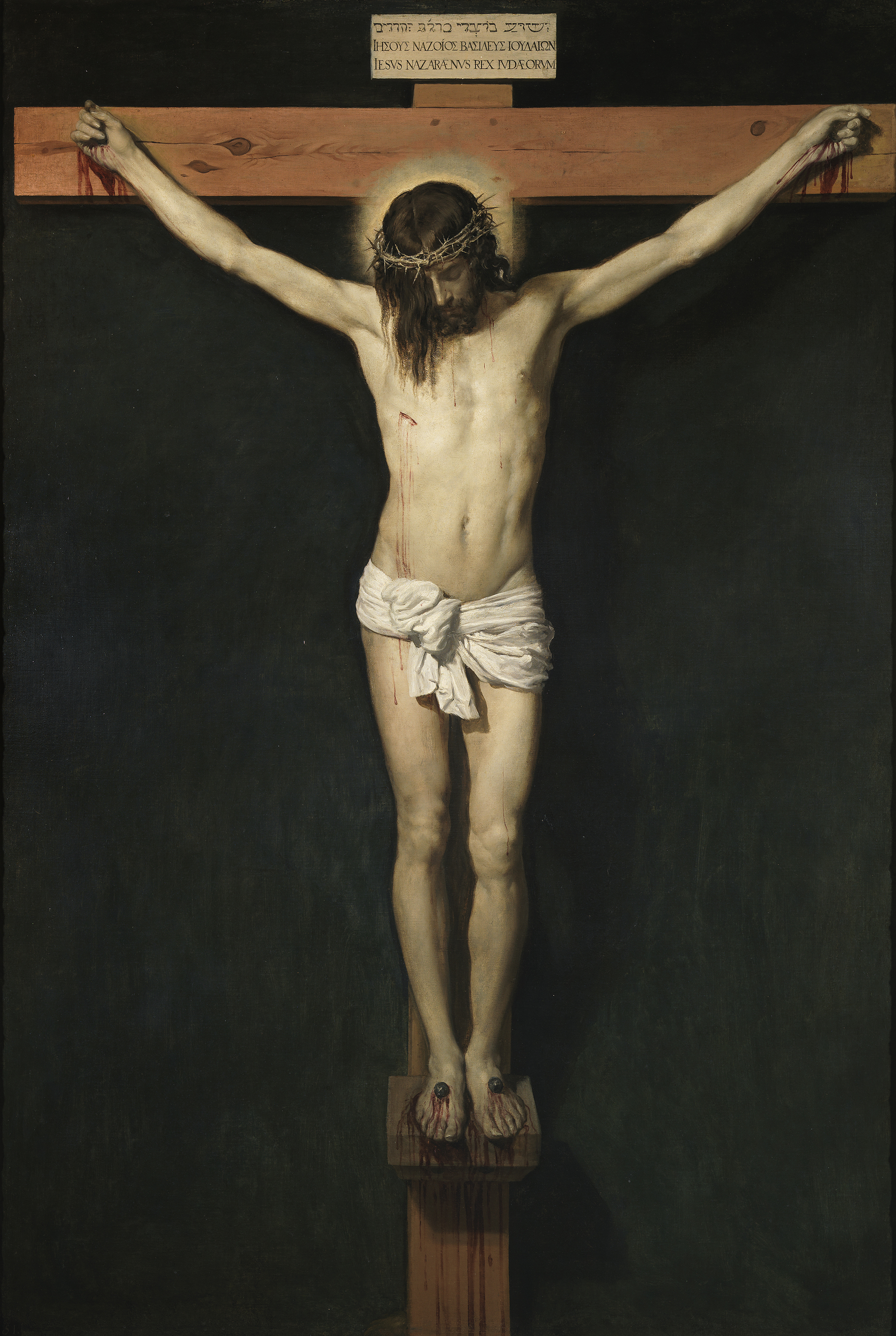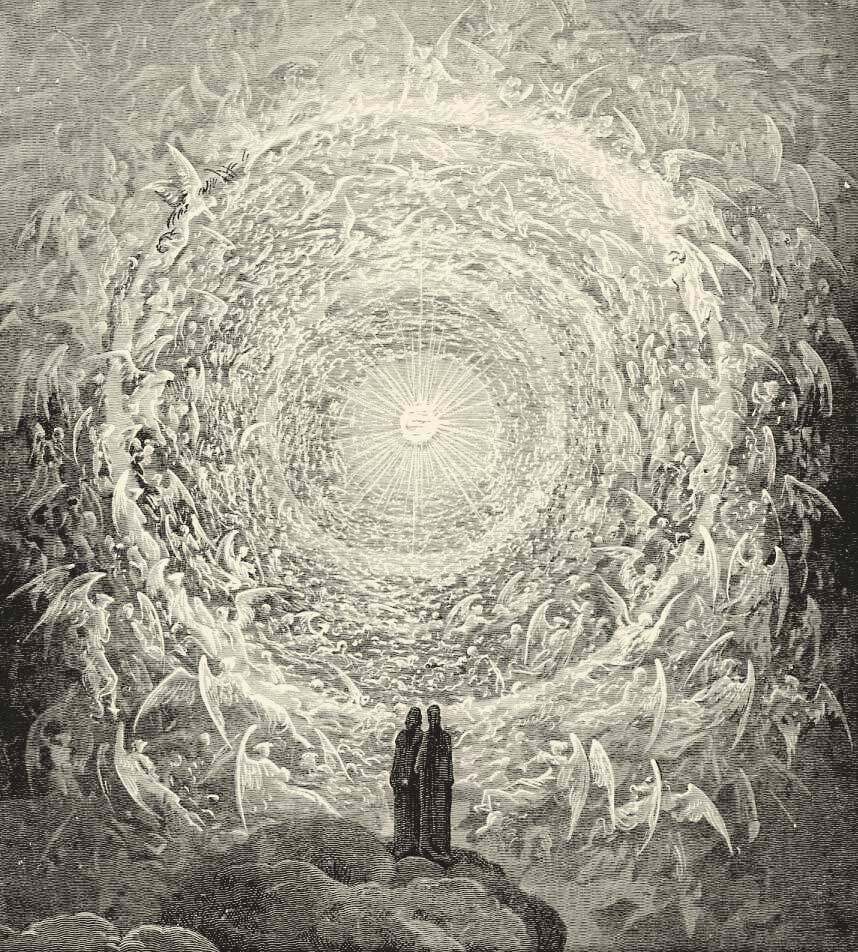The Huffington Post seems to think so – On Christmas 2016, HuffPost published the online article Jesus Was A Socialist
In the Stern Dining Hall of Stanford University there is a painting by Antonio Burciaga called The Last Supper of Chicano Heroes.
It’s an homage to Da Vinci’s Last Supper but with Hispanic heroes in place of Jesus and the apostles.
The mural has generated controversy because of its depiction of socialist revolutionary Che Guevara in the place of Jesus Christ. One outraged student wrote in a Stanford newspaper, “Che Guevara was a butcher and a tyrant. It is utterly disgusting, offensive, and ignorant for Casa Zapata to deify him on its walls.”
But many people think it’s entirely appropriate to compare Che to Jesus because both men were “socialists” who liberated the poor.
In her popular book Nickel and Dimed: On (Not) Getting By in America, Barbara Ehrenreich says Jesus was a “wine-guzzling vagrant and precocious socialist” whose inconvenient message about helping the poor the Church tries to suppress.
In 2015, Bolivian president and head of the Movement for Socialist party Evo Morales gifted Pope Francis with a “Communist crucifix.” It depicted Christ crucified on a hammer and sickle (the symbol of the communist party in the Soviet Union) in an effort to show that socialism and Christianity are compatible with one another.
Pope Pius XI said “no one can be at the same time a good Catholic and a true socialist,” but this counterfeit Christ says the exact opposite: the only good Catholics are true socialists. If you really cared about the poor, if you really accepted the call of Christ to care for the “least among us” (Matt. 25:40) then you would support socialist policies to eliminate poverty.
But how can that be true if . . .
…Jesus Did Not Preach Socialist Policies
If you define a socialist as “a person who wants to help the poor,” then Jesus was a socialist—but then so is almost everyone else. What makes someone a socialist is not his desire to help the poor but his belief about what kind of economy provides the most benefit to the poor.
Capitalism, for example, is defined in terms of private ownership of the means to produce goods and services. Usually, this kind of capitalism takes place within a “market economy” that allows for the free exchange of goods and services as a means to create profit. Capitalists believe that this voluntary series of exchanges makes everyone in the economy wealthier and that this is the most effective way to lift people out of poverty.
Socialism, on the other hand, refers to the collective or “social” ownership of the means to produce goods and services. There are several different kinds of economic models that have been called socialism, but according to The Oxford Companion to Christian Thought, “By its very nature [socialism] involves the abolition of private ownership of capital; bringing the means of production, distribution, and exchange into public ownership and control is central to its philosophy.”
Socialists claim the best way to alleviate poverty is through a central authority like the government (as opposed to decentralized forces like the market) distributing a society’s wealth among its individual members.
If this is what is meant by “socialism,” then Jesus was not a socialist because Jesus did not seek to abolish the private ownership of capital (like money or natural resources) or the means of production like organized farms and manufacturing technologies.
According to economist Lawrence Reed, “The fact is, one can scour the scriptures with a fine-tooth comb and find nary a word from Jesus that endorses the forcible redistribution of wealth by political authorities. None, period.”
But even if Jesus didn’t preach socialist political policies, couldn’t we say he preached socialist values when it came to individuals? After all, he told the rich man that if he wanted to inherit eternal life he should sell what he had and give it to the poor (Mark 10:21). Doesn’t this mean that Jesus wanted the rich to give away all their money to the poor?
It should first be noted that giving away your money to the poor is a charitable value rather than a socialist one. Jesus’ commands for individuals to give alms to the poor (Luke 12:33) did not include whether those individuals should give that money directly to the poor, donate it to charities who serve the poor, or allow the money to be taxed and redistributed though government subsidy programs.
Helping the poor is a non-negotiable issue for Christians, but there can be reasonable disagreement among believers over which methods are the best way to reduce poverty.”
Love & freedom, and love of freedom,
Matthew

